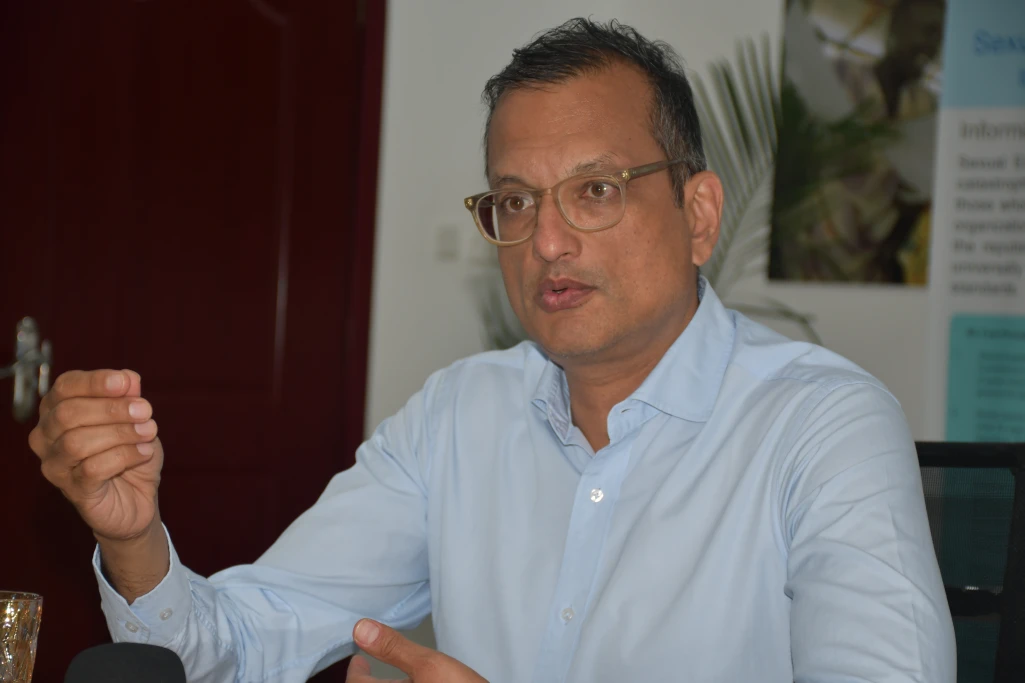
The United Nations Refugee Agency, UNHCR, has warned that the fighting in Upper Nile region may likely result in an irreversible circle of ethnic conflict if the central government does not stretch out the genuine hand of help.
The current fighting in Upper Nile is the fallout from the two factions of the Kitgwang being reportedly set against each other by the government.
The clashes have displaced more than 40,000 people, and taken on an ethnic dimension that the government will struggle to control.
At a press conference on Tuesday, the outgoing UNHCR country representative, Arafat Jamal, said citizens continue to experience a circle of violence and suffer effects of flooding that have displaced thousands of people.
“If it continues and further hardens along ethnic lines, we will be witnessing an irreversible cycle of violence that has already begun, and of which no body will come in to intervene and it will continue threatening all the gains that have been made in this country,” Jamal told reporters.
After he initially said there was nothing he could do about the conflict, Kiir directed the Chief of Defense Forces to dispatch unified forces to the area. This came after some members of the public condemned the remarks.
The outgoing diplomat said Juba should debunk the allegations that it has a hand in Upper Nile fighting by taking responsibility to break the circle of violence.
“There is need for central government to play strong and positive role. When I say a positive role, I mean there are always accusations that there are some in Juba who are actually funding the flame of violence,” he explained.
“So it [government] has to be strong and positive. We need to also see the state authority presence and involved. They have been absence for too long.”
The clashes in Upper Nile are between forces loyal to generals Johnson Olony and Simon Gatwech.
The two forces had already split from Machar in 2021, and formed the Kitgwang faction, which hoped to acquire materiel and money in Khartoum to fund a renewed war, according to Small Arms Survey.
However, due to a regional realignment that made Sudan and South Sudan allies, the Kitgwang found no succor in Khartoum, and was easily divided by Juba.
Last week, UNICEF said 75% of the displaced persons by the clashes between armed groups in Fashoda County were women and children.
Deaths, injuries, and abductions, it said, continued to rise – forcing the vulnerable groups to flee their homes in search of safety to neighboring settlements, UN bases and others into the bush and swamps; while thousands have reportedly travelled to the border or crossed into Sudan.